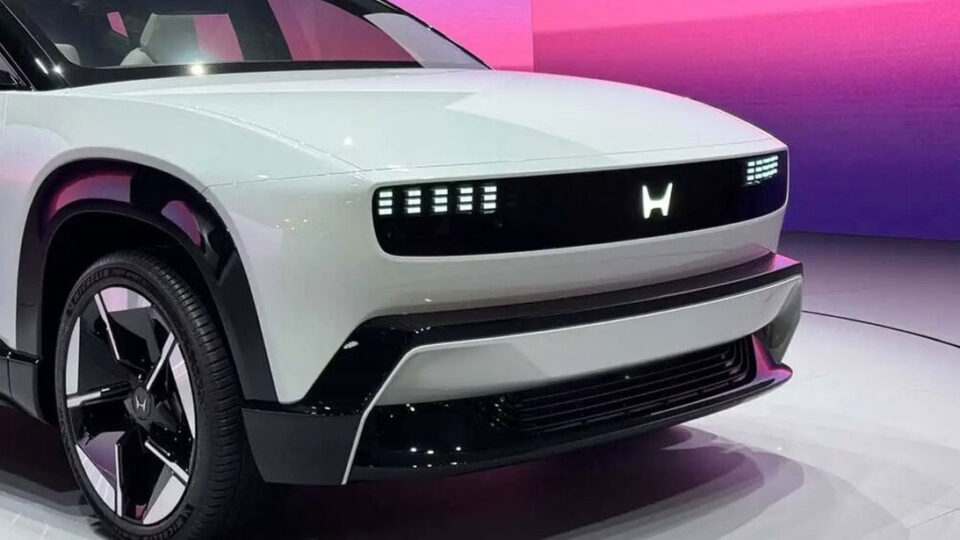Honda Cancels Plans for Large Electric SUV Amid Weakening EV Demand and Policy Changes
Honda has reportedly canceled its upcoming three-row electric SUV, originally scheduled for launch in 2027, due to declining EV demand and recent changes in U.S. federal incentives.
According to a report by Nikkei Asia, the automaker’s decision comes after the rollback of the $7,500 electric vehicle tax credit, following the passage of a new U.S. law known as the “Big Beautiful Bill”, signed by President Donald Trump.
❌ EV SUV Shelved
The now-canceled model was intended to compete with popular electric SUVs such as the Kia EV9, targeting the family SUV market. However, industry insiders cited by Nikkei revealed that the loss of tax incentives and slowing consumer interest have prompted Honda to adjust its long-term strategy.
💸 EV Investment Slashed
As part of this strategic shift, Honda is cutting its EV investment from $68.7 billion to $48.1 billion, according to the report. The remaining funds will be reallocated to the development of hybrid vehicles, which continue to show strong demand in the U.S., Europe, and other key markets.
Honda is not alone. Automakers like Ford have also scaled back similar EV plans, citing profitability concerns and stronger consumer interest in hybrid alternatives.
🚘 What’s Still Coming?
Despite the cancellation, Honda still plans to launch several EVs, including its futuristic 0 Series Saloon and SUV concepts, which were recently unveiled. These models are expected to move forward as part of Honda’s revised EV lineup through 2030.
Currently, Honda’s only electric offering in the U.S. is the Prologue, a mid-size SUV developed in collaboration with General Motors. The Prologue was among GM’s top-selling electric models in 2024.
⚖️ Policy Shifts Impacting the EV Market
The EV industry in the U.S. faces growing uncertainty. Alongside the elimination of federal tax credits, the Trump administration is working to repeal California’s zero-emissions mandate, which aimed to phase out gas-powered vehicles by 2035. The state, along with others, is challenging the repeal in court.
🔄 Industry Rethinks EV Roadmaps
With these changes, many automakers are reevaluating their timelines for transitioning to fully electric lineups, focusing instead on more affordable hybrids and incremental innovation.
Stay tuned for updates as the EV landscape evolves amid shifting market trends and government policies.

